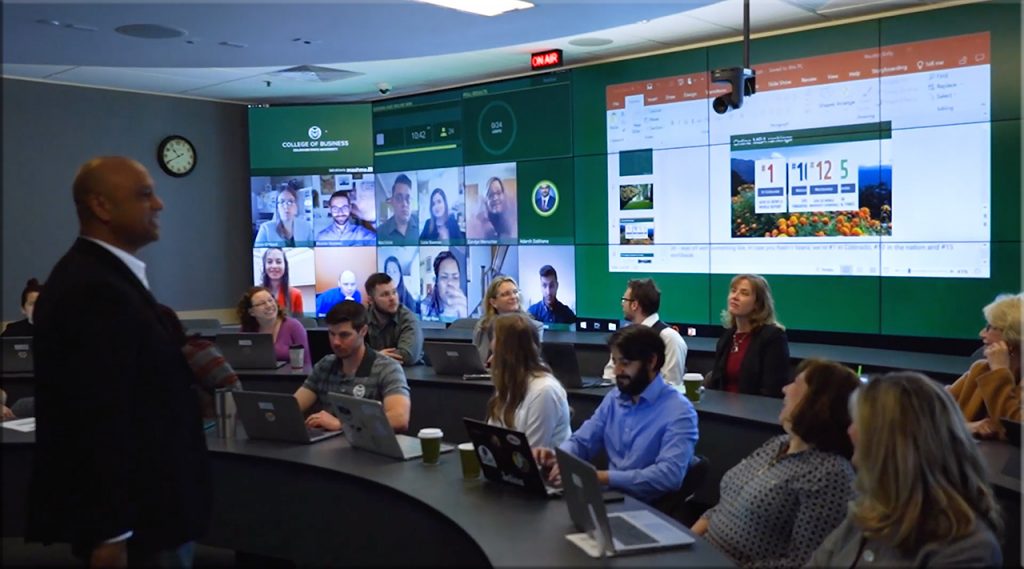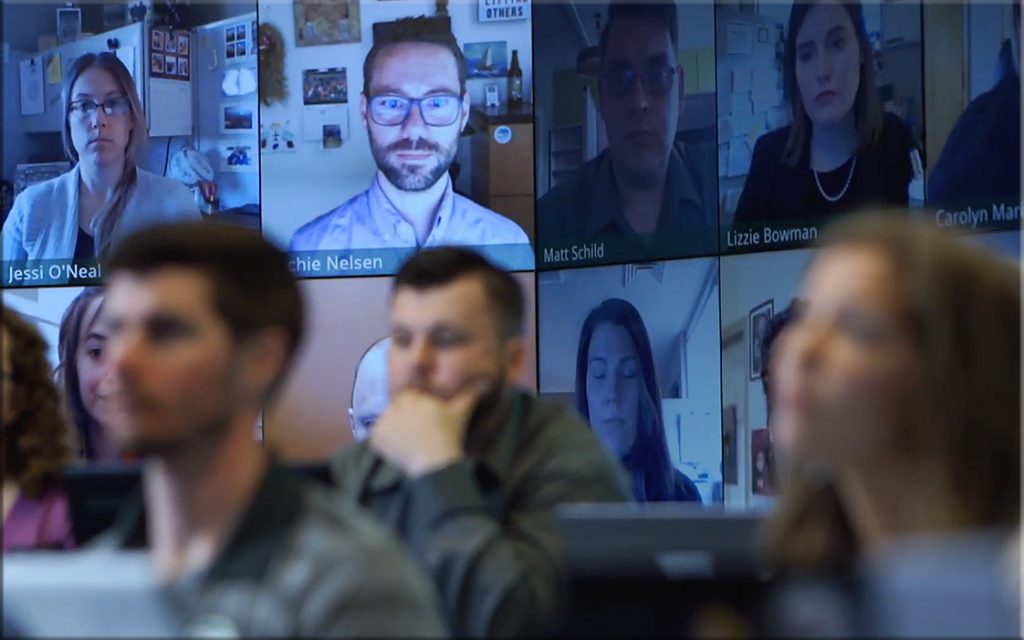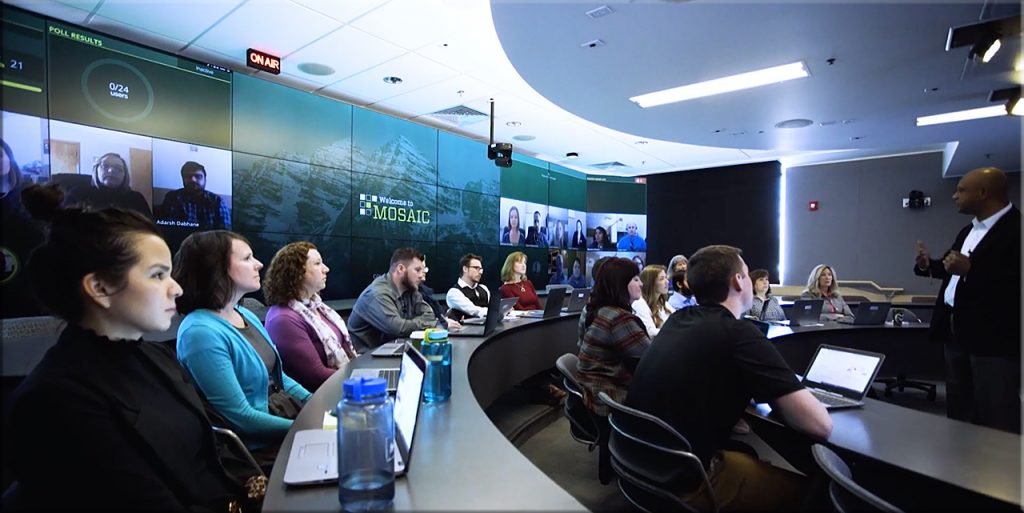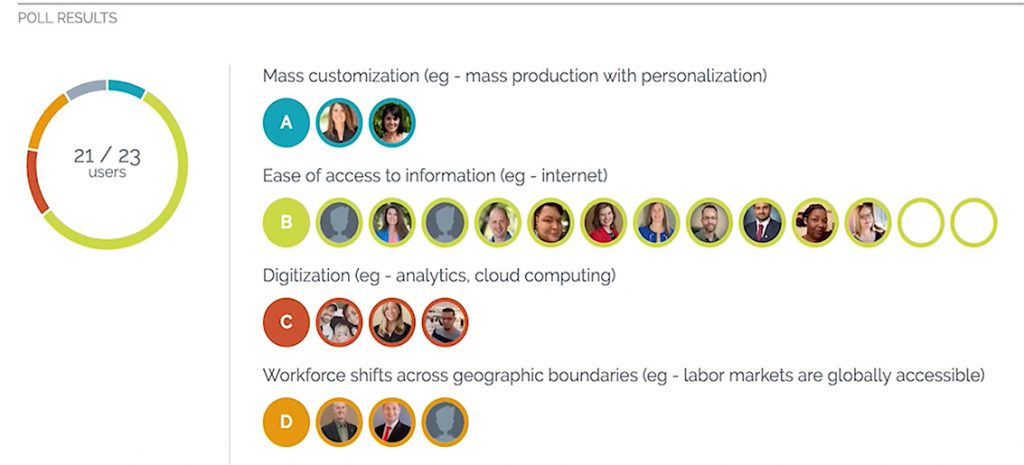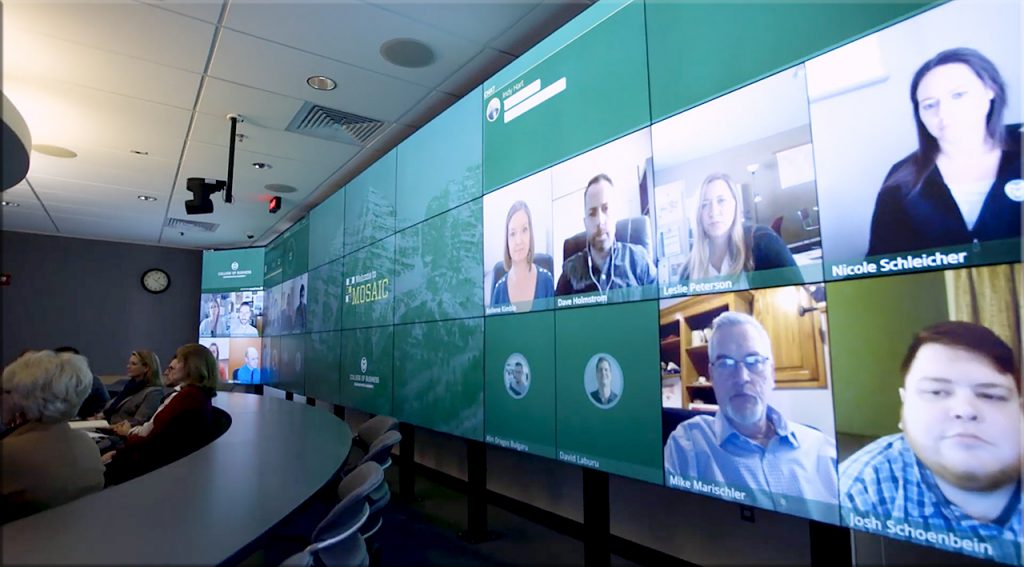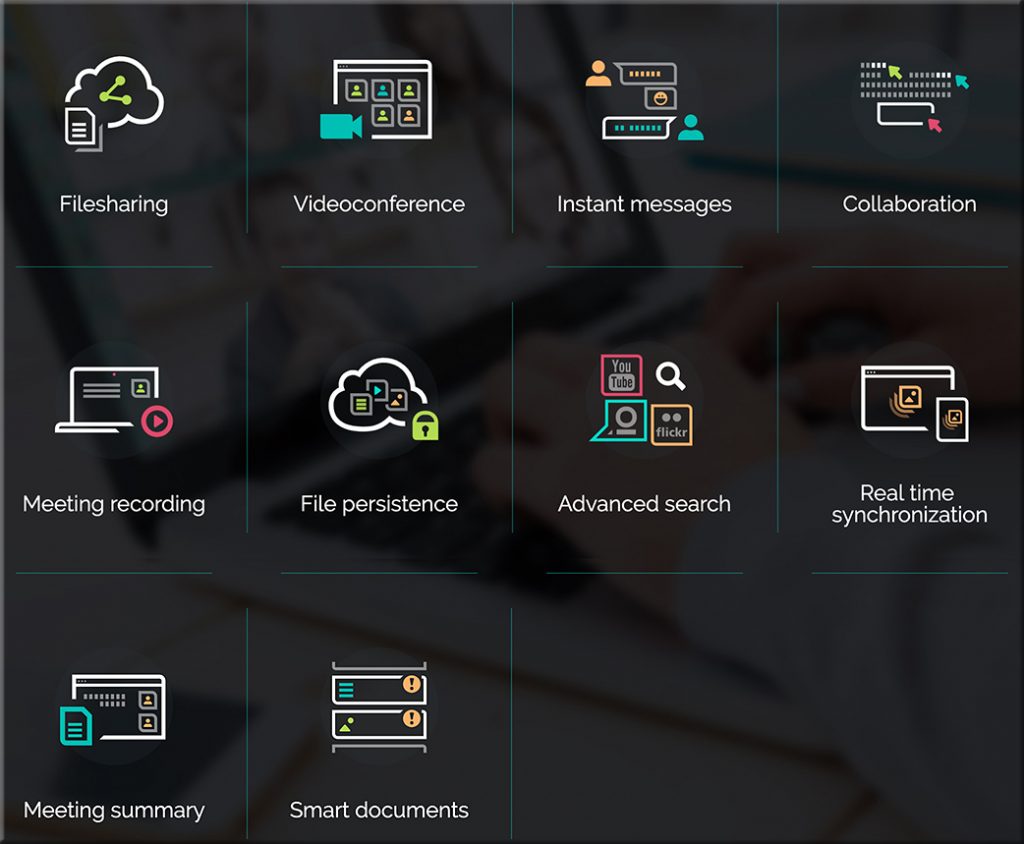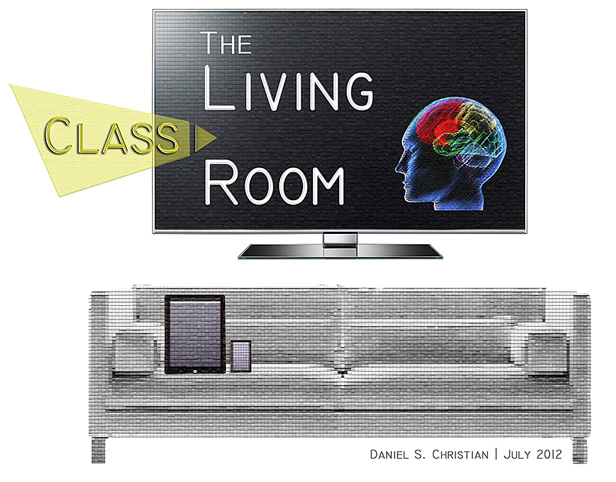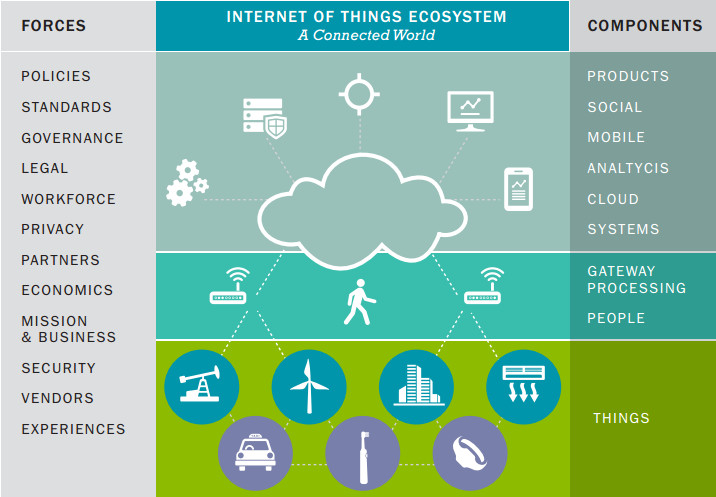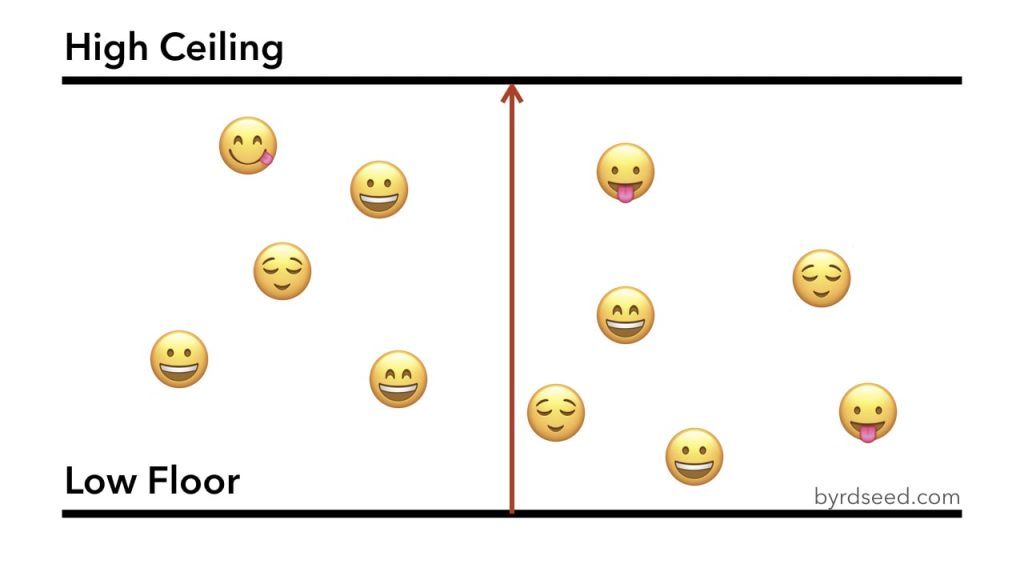Skills gap? Augmented reality can beam in expertise across the enterprise — from by Greg Nichols
Hives of subject matter experts could man augmented reality switchboards, transferring knowledge to field.
Excerpt:
Some 10 million manufacturing jobs will likely be needed in the coming decade, yet many of those will likely go unfilled, according to Deloitte and the Manufacturing Institute. Somewhat ironically, one of the biggest factors holding back a strong American manufacturing segment in 2019 may not be cheap foreign labor but unqualified U.S. labor.
Augmented reality, which is still trying to find its stride in the enterprise, could help by serving as a conduit for on-the-job knowledge transfer.
“We are excited to offer industrial enterprises a new way to use AR to leverage the tribal knowledge of subject matter experts (SMEs) and help alleviate the skills gap crisis threatening today’s industrial enterprise,” says Mike Campbell, EVP, augmented reality products, PTC.










